GORDON PARSONS is bowled over by a skilfully stripped down and powerfully relevant production of Hamlet
‘It’s high time he got read and enjoyed as he deserves’
Writer and translator DAVID CONSTANTINE talks to Meic Birtwistle about the long overdue publication of Bertolt Brecht's collected poems in English
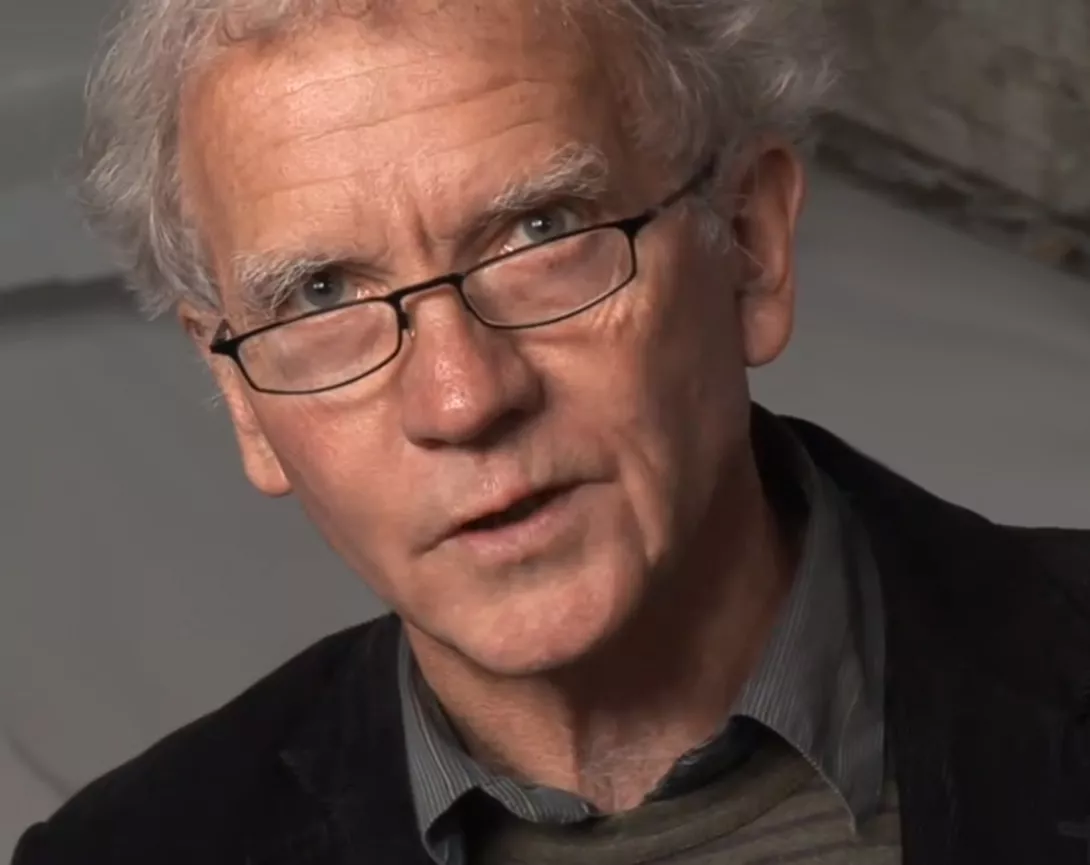
PLAYWRIGHT and poet Bertolt Brecht (1898-1956) is one of the most significant Marxist literary figures of the last century and it seems appropriate that a new translation of his collected poems has just been published at a time when the centenary of the political assassination of Rosa Luxemburg and Karl Liebknecht is being marked.
This massive joint undertaking by David Constantine and Tom Kuhn is a highly welcome contribution to Brecht’s study and enjoyment in English. Salford-born Constantine, a highly regarded poet in his own right, is an award-winning translator and short-story writer and here he answers questions about this major task and the pleasures and pains of translating poetry.
More from this author
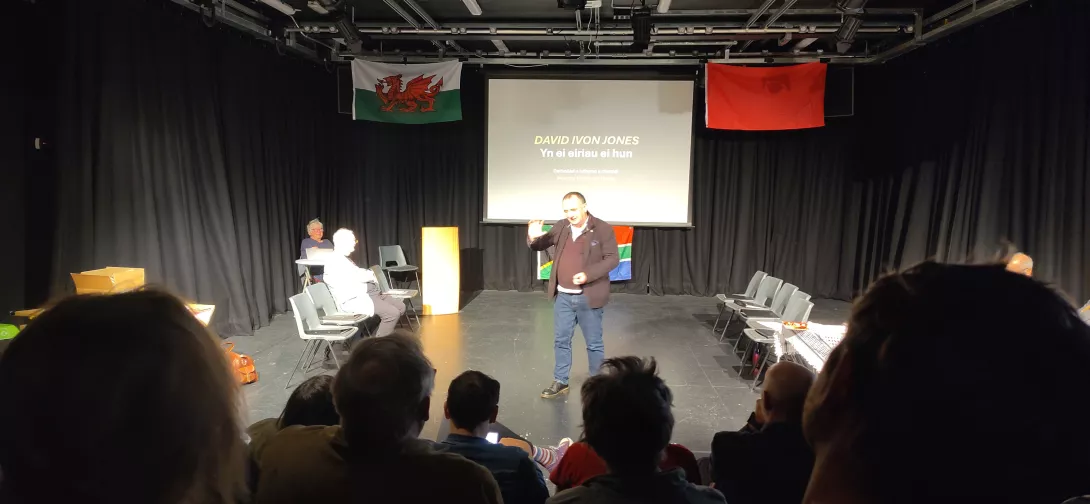
A century after his death, the forgotten communist pioneer’s legacy in South Africa and beyond is celebrated in Aberystwyth with films, talks and drama, writes MEIC BIRTWHISTLE
Similar stories
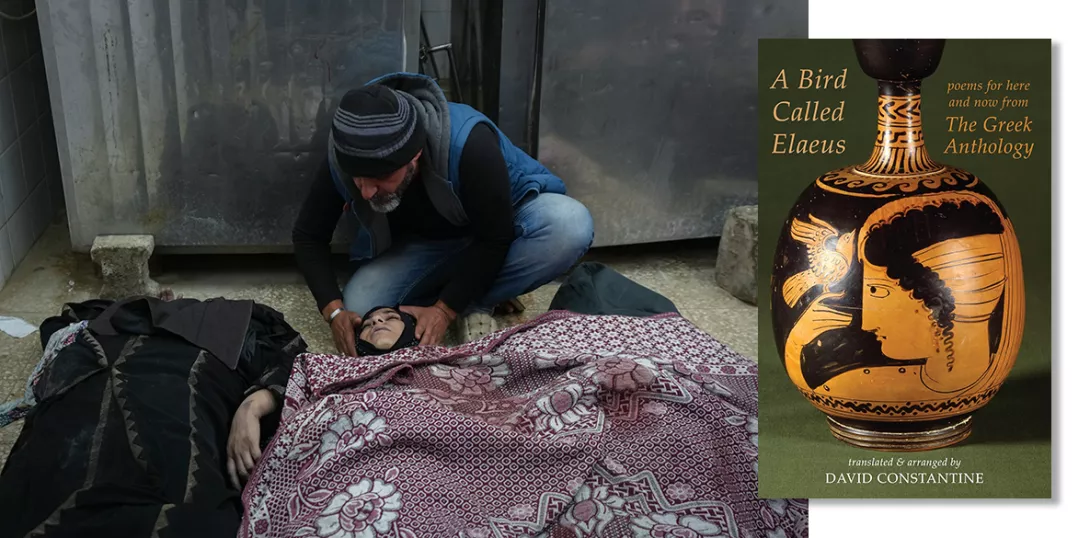
MEIC BIRTWHISTLE speaks to David Constantine about the fascination he shares with Brecht for the material exactness of Greek poetry
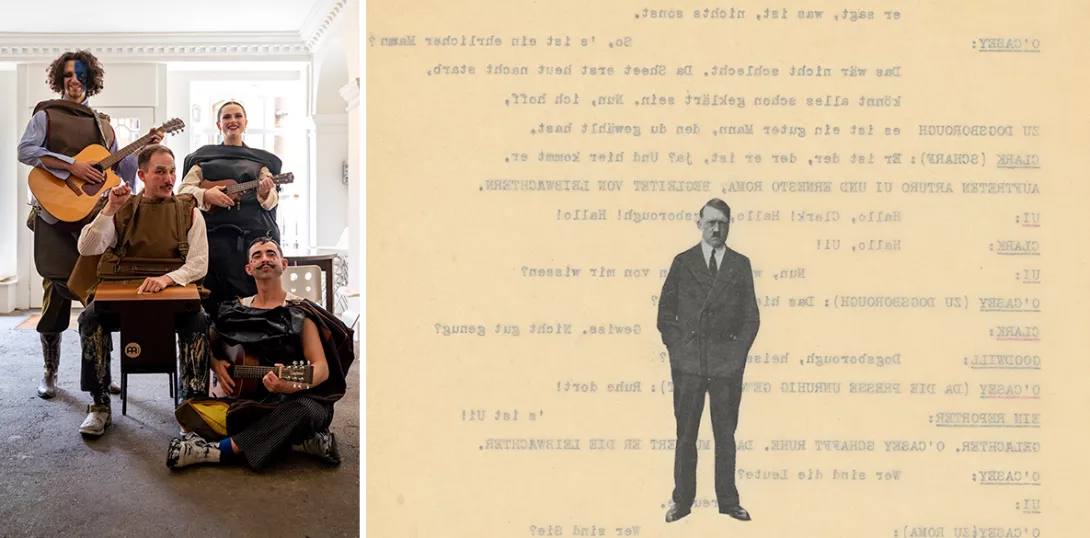
JAN WOOLF recommends an exhibition of Brecht’s collages whose message is driven home by actors recreating scenes from his unfinished plays
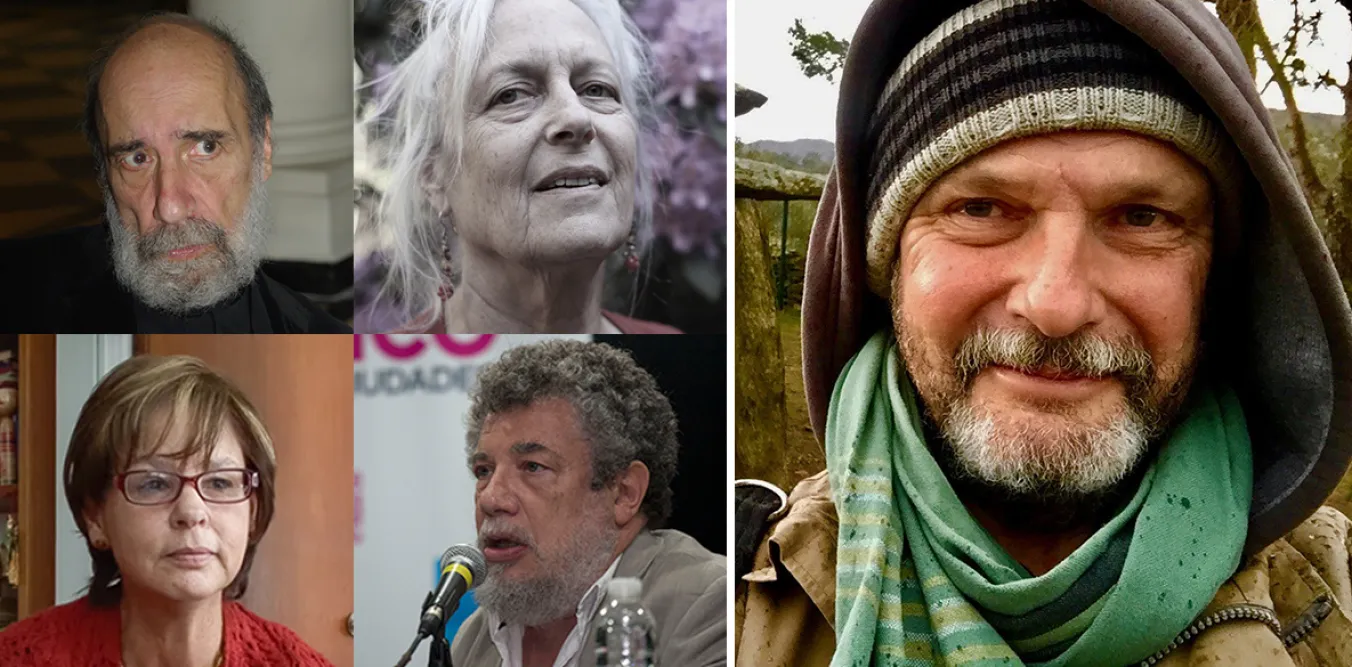
LEO BOIX talks to Richard Gwyn about Latin American poetry, translation and enduring literary friendships
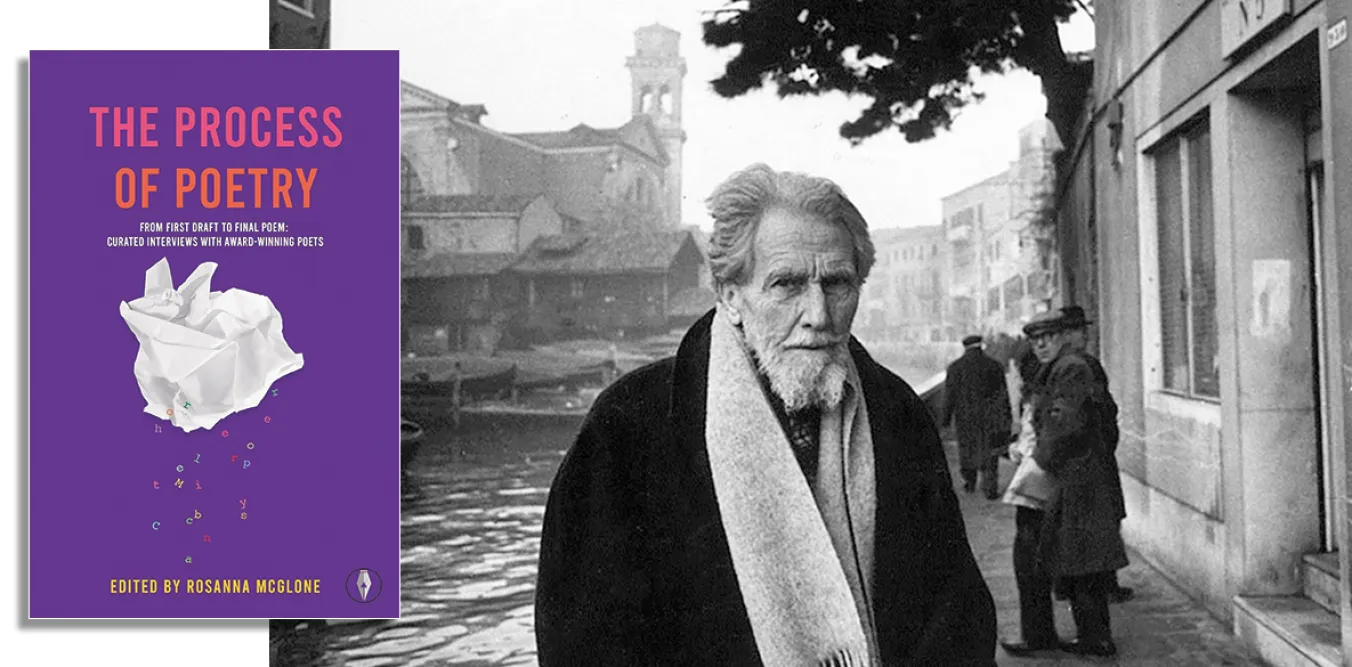
ALISTAIR FINDLAY recommends a collection of interviews with 15 award-winning poets discussing how their initial drafts became the finished poem









